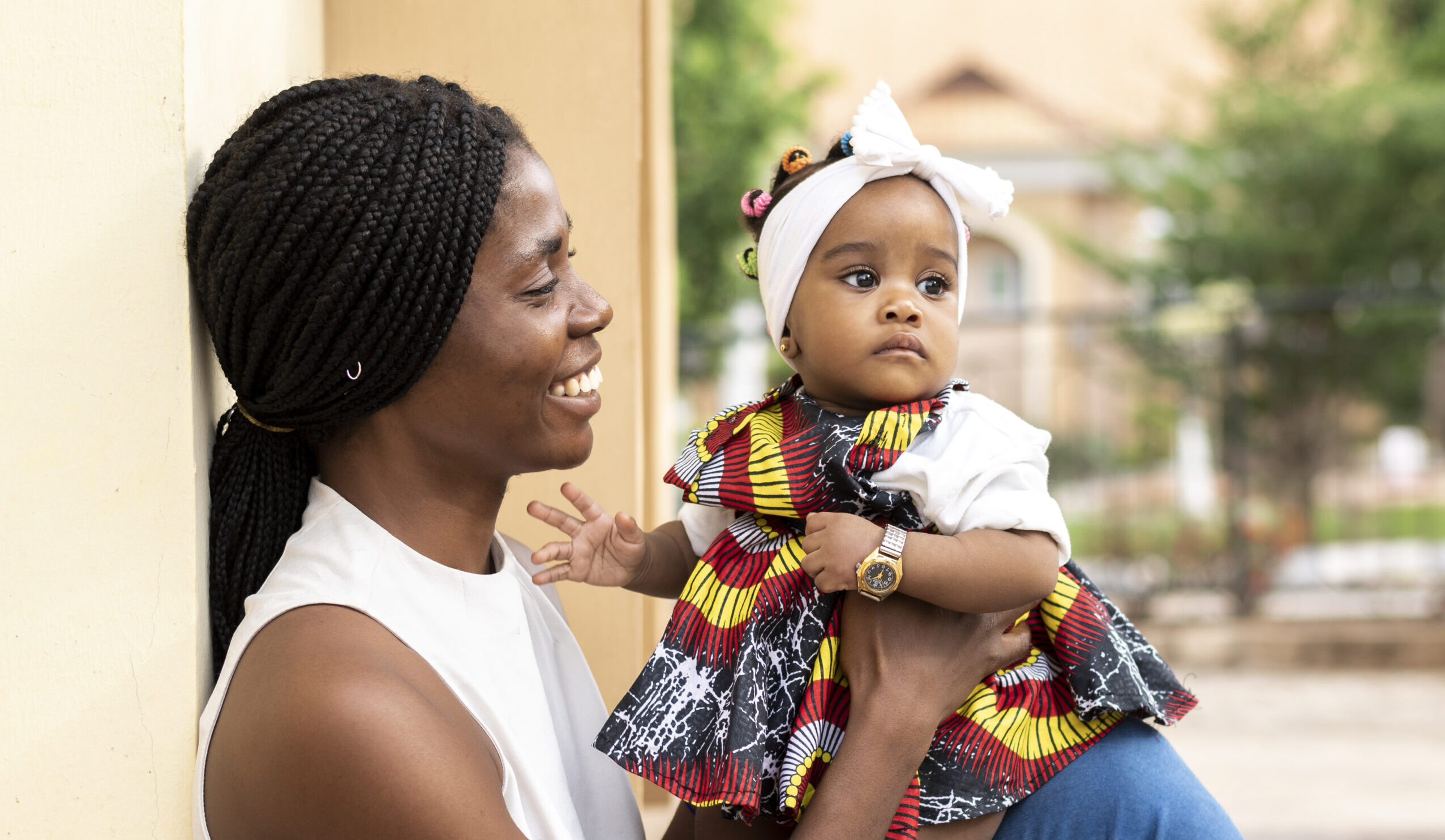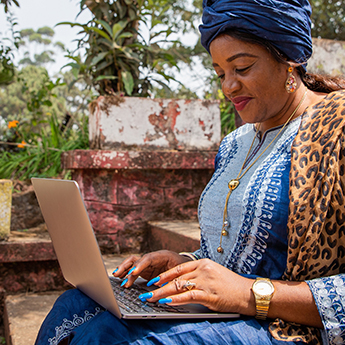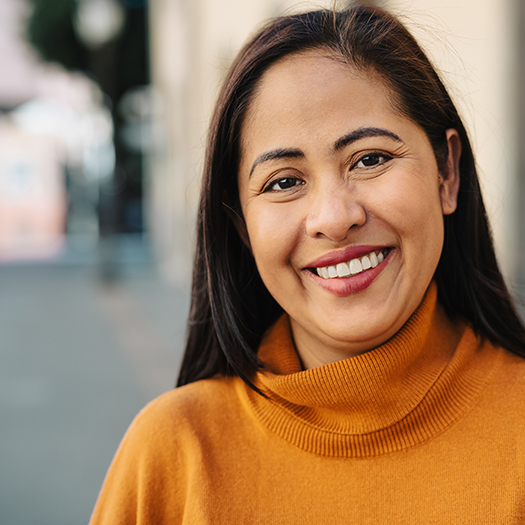News Topic: Adolescents & Youth
New Data: Adolescents and Youths
Recognizing the importance of evaluating adolescent- and youth-focused data, the FP2030 Performance Monitoring and Evidence Working Group, a group of family planning measurement experts, formalized annual reporting of supplemental indicators on adolescents and youths.
Call for Applications: Performance Monitoring and Evidence Working Group Early Career Fellowship
The FP2030 Performance Monitoring and Evidence working group is offering a volunteer professional development fellowship for young professionals in the field of family planning measurement. The youth fellows will participate in PME WG meetings, work on areas of future work/small group activities and grow professionally in the global family planning measurement field. The youth fellows will be able to communicate with all PME WG members and the FP2030 team to build networks and expand leadership in this field. The youth fellowship is a rotational seat on the PME WG with a two-year term.
News and Updates from FP2030
It is an exciting moment to be writing, just ahead of the important changes taking place at FP2030 — changes that will officially mark the completion of our year of transition and the start of the next phase of our global partnership.
Married and Pregnant Adolescent Girls: Understanding Their Contexts and Futures
Today, 650 million girls and women were married as children, and currently over 1 in 5 girls are married before the age of 18. Many donors, international and civil society organizations, and others have advocated for and allocated resources to end child marriage, which has led to reductions in this practice, particularly in South and Central Asia. However, it’s important to remember that even as rates of early marriage decline, the absolute number of adolescent girls who are subjected to child marriage is likely to increase, as the overall population of adolescents grows. What’s more, COVID-19 appears to have reversed many of the gains made in previous years, and around 10 million additional girls are expected to marry by 2030 due to the pandemic’s social and economic disruptions.
News and Updates from FP2030
Today, as the world celebrates International Youth Day, it's important to recognize that the first global calls for youth participation predate the young people of today.
Coming soon! New Collaboration for Equitable Partnerships with Young People
Copper Rose Zambia, IYAFP, and other youth-led organisations, with the support of FP2030, are taking the movement for equitable partnerships with young people to the next level by launching a new group to advocate for equitable and genuine partnerships with young people. Together, we called for youth-led organizations to apply to collaborate with us. We received over 500 applications in just a couple weeks, and now we’re reviewing these and will announce the full group soon!
Senior Leadership: It’s Time to Share Your Power
Over a long career, I’ve had the pleasure of working almost exclusively with adolescents and young people, as both colleagues and clients. I love the energy, enthusiasm, optimism, ideas, and curiosity of young people. I’ve learned a lot from them, and I hope they’ve learned from me. But what’s become increasingly apparent to me are increasingly intense feelings of frustration on the part of young people at being tokenized or trivialized, at not being listened to seriously, at not being treated like professionals, and impatience with the status quo. Recently, an old friend and I were talking about his experiences as a college student, volunteering for an organization that was addressing hunger and poverty around the world, and his still deeply felt frustration that ‘if the adults had just gotten out of our way, we could have achieved some real progress!’” We had a good laugh over that because really, not much has changed.
The Power of Rights-based Contraception for Young People
We often hear that “young people are the future,” and although it might be a cliche, it’s true — young people will inherit the world we live in, and their decisions will affect the future for generations to come. Yet many young people are still left out when it comes to accessing rights-based contraception and participating in conversations and programs about family planning. Too often we hear that young people are not mature enough for these kinds of conversations, that asking for contraceptives is wrong, and that this taboo subject is better avoided than discussed. However, if we were to face those misconceptions and grant young people universal access to rights-based contraception in our health care systems, we would get one step closer to achieving gender equality, increasing literacy rates and other prosperity indicators, and, consequently, enhancing a region’s economic growth.
Ghana: Don’t deny adolescents of family planning services
Mrs. Ellen Darkoa Asare, Eastern Regional Head, Reproductive Health Unit of the Ghana Health Service, says denying adolescents of family planning services would cause more harm than good considering the growing teenage pregnancies countrywide.








